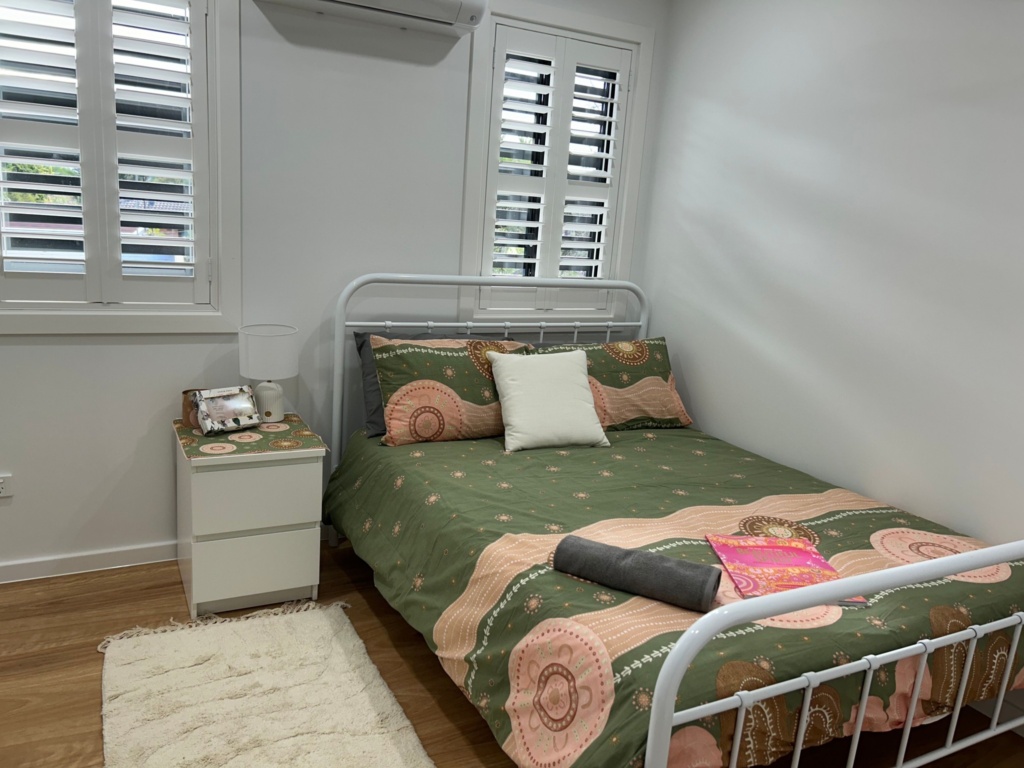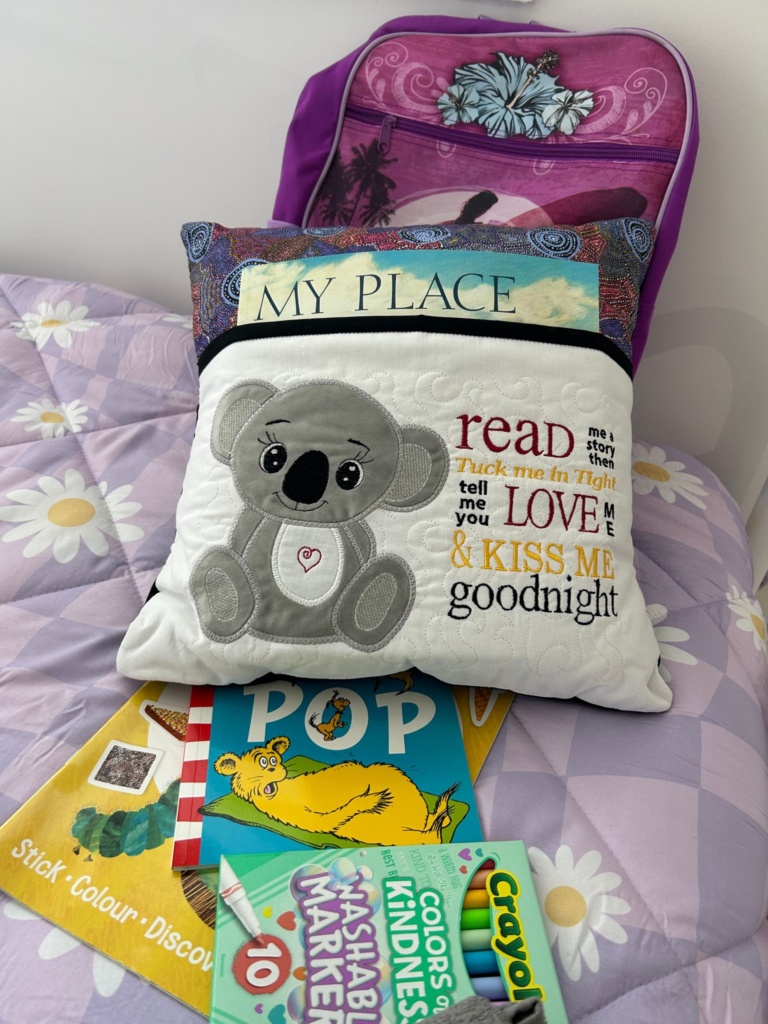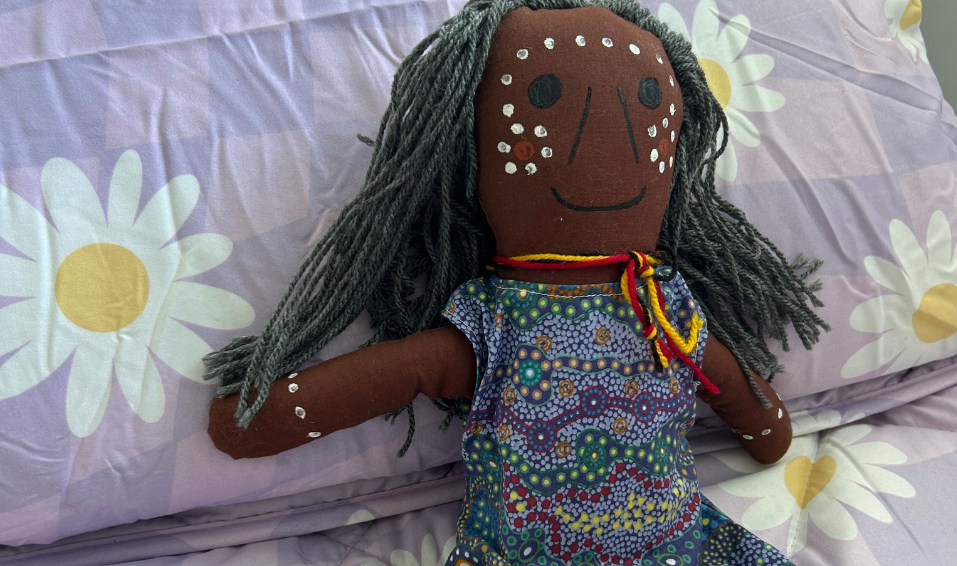When you think of Australia, you think of beautiful beaches and a vibrant country however there is an underlying social issue that sits beneath the beauty: domestic violence. The leading cause of homelessness in Australia is domestic violence. These interconnected issues weave a tapestry of suffering, particularly affecting women and children. The staggering statistics and harrowing realities behind homelessness and domestic violence in Australia shed light on their devastating impact on families across the nation. Currently, the Australian public and the media are heavily focusing on one of Australia’s biggest problems right now, violence against women which has run rampant in recent tragic events in Australia in 2024. The rate at which men are allegedly killing Australian women is significantly higher in 2024 than in recent years. In 2024 every 4 days a woman has been killed (Sydney Morning Harold, 2024). This statistic cries out for change to continue to make an impact in our communities we need the support of volunteers, partners and donors. The violent events that have unfolded this year reveal a larger issue than the violence itself but rather that the vulnerable in Australia, including DV victims, the homeless or those suffering from mental illness are lacking access to safe shelter and social services to get the support they truly need.
Rising Numbers, Hidden Realities
Recent data from the Australian Institute of Health and Welfare (AIHW) unveils a troubling trend: a sharp increase in the number of women and children experiencing homelessness after fleeing domestic violence. In the past year alone, the number of women and children sleeping rough or in cars after seeking homelessness support soared by 23%, reaching a staggering 2,428 individuals. This surge paints a stark picture of the urgent need for action to address the root causes of homelessness and provide meaningful support for survivors. According to recent reports 18,255 people or 38% of those seeking specialist homelessness services in 2022-23 reported family and domestic violence as the main reason they were seeking assistance – higher than any other category. Tragically roughly 50% of those women and children were turned away because of a lack of accommodation support. (NSW.gov.au)
Looking back over the last decade, the statistics tell an even graver story. The number of women and children sleeping rough or in cars at the end of homelessness support more than doubled, while the number of those couch surfing doubled from 3,465 to a staggering 7,214 individuals. These numbers are not just statistics; they represent lives torn apart by violence and upheaval, struggling to find refuge in a world that often turns a blind eye.

Domestic Violence
At the heart of Australia’s homelessness crisis lies its largest contributor, domestic violence. Domestic Violence is a silent epidemic that devastates lives and fractures families. The statistics are: that one in six women and one in sixteen men have experienced physical or sexual violence from a current or previous cohabiting partner since the age of 15. Moreover, approximately 2.5 million Australian adults have endured abuse during their childhood, with family and domestic violence predominantly affecting women and children.
Family and domestic violence is the leading cause of homelessness for women in Australia, with those fleeing abusive relationships comprising 41% of Specialist Homelessness Services clients. The trauma of violence disrupts housing security, leaving survivors with nowhere to turn but the streets or temporary shelters. For women and children trapped in cycles of abuse, homelessness becomes both a consequence and a means of escape, as they grapple with the daunting task of rebuilding their lives from the ground up.
A Call to Action: Breaking the Cycle
Addressing the issues of homelessness and domestic violence requires a united effort from government, community organizations, and society. It begins with recognizing the interconnectedness of these crises and the urgent need for systemic change. This includes investing in safe and affordable housing, expanding support services for survivors, and challenging the stigma and misconceptions that perpetuate cycles of violence and homelessness.
How Habitat for Humanity Australia is Taking Action
At Habitat for Humanity Australia, we are addressing these issues through several of our programs but our most recent project that has been completed and launched is the refuge we built in partnership with DV West to house up to 180 Aboriginal women and children per year escaping domestic violence. Another way we are tackling these complex issues women and children are facing is through our program SHARP. SHARP provides subsidized rent to families in need who are more than often female single-headed households with the opportunity to access housing during the current rental crisis. Our most recent tenant is a young mother and baby who are DV survivors. They now have a safe and decent place to call home that they can afford.

How You Can Take Action
As individuals and communities, we have a moral imperative to stand in solidarity with survivors, amplify their voices, and advocate for policies that prioritize their safety and well-being. By breaking the silence and shining a light on the hidden realities of homelessness and domestic violence, we can create a society where every woman and child has the opportunity to thrive in a safe and supportive environment like a safe place to call home. If you want to directly support women and children you can volunteer on our Brush with Kindness Program in Sydney, New Castle, Melbourne, Brisbane and Adelaide where you will be assisting in the renovations of crisis accommodation and shelters for women and children escaping domestic violence.
The statistics call for change. Volunteer or Partner with us and together, let us work towards building a safer future. Get involved today and together we can make a safer tomorrow for women and children in our communities in Australia.


